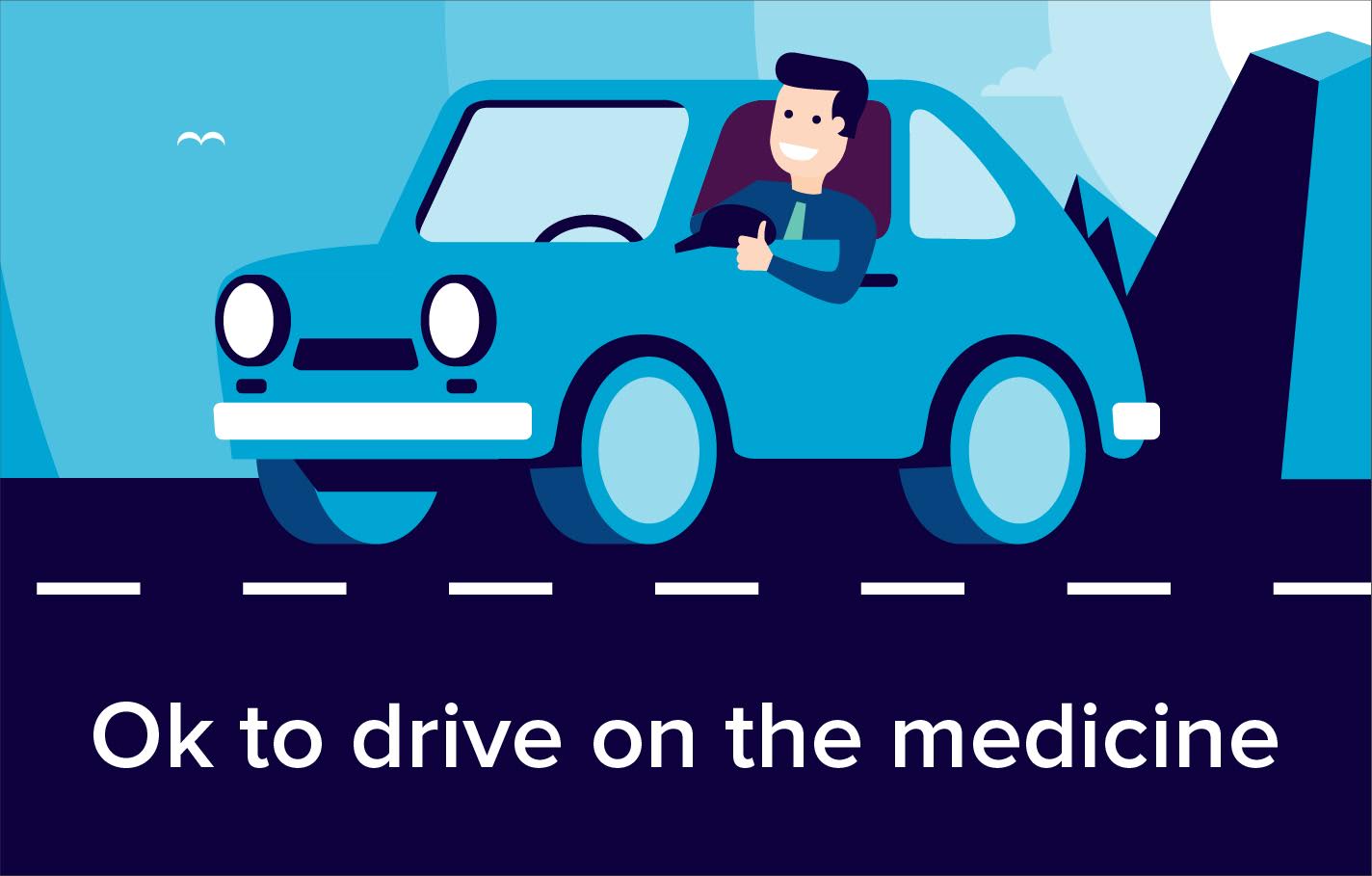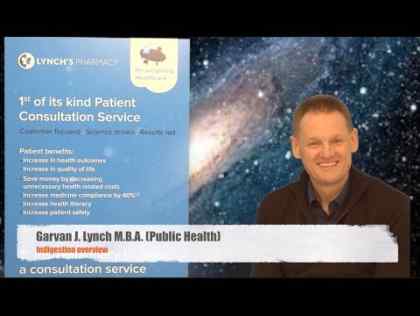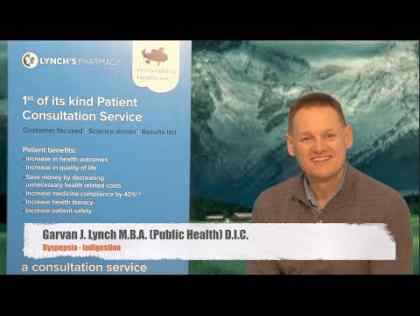- Gaviscon is the only antacid product that provides fast-acting, long-lasting heartburn relief .
- It quickly neutralizes stomach acid and helps keep acid down for hours.

What is Gaviscon used for?
- Relieving the symptoms of gastro-oesophageal reflux, such as heartburn and acid regurgitation, including heartburn in pregnancy or following meals.
How does Gaviscon work?
- Gaviscon liquid, liquid sachets and tablets all contain three active ingredients: sodium alginate, sodium bicarbonate and calcium carbonate.
- Sodium alginate is a naturally occurring substance that is found in a particular type of seaweed. In the presence of the calcium carbonate it reacts with the acid in the stomach to form a gel. Sodium bicarbonate also reacts with the acid in the stomach to form bubbles of carbon dioxide. These bubbles are trapped by the gel and they allow the gel to float like a raft on top of the stomach contents.
- The raft prevents acid in the stomach from flowing back into the food pipe. This relieves the symptoms of acid reflux such as heartburn.
In reflux oesophagitis it not only relieves the symptoms, but also protects the inflamed foodpipe from the acid, helping it to heal.
The raft lasts for about three to four hours on top of the stomach contents and is then broken down in the digestive system and excreted in the faeces. It's not absorbed into the bloodstream.
How do I take Gaviscon?
- Gaviscon liquid: Adults and adolescents aged 12 years and over should take 10-20ml after meals and at bedtime as needed, up to four times a day. Children aged 6 to 12 years should be given 5-10ml after meals and at bedtime as needed, up to four times a day.
- Gaviscon liquid sachets: Adults and adolescents aged 12 years and over should take one to two sachets after meals and at bedtime as needed, up to four times a day.
- Gaviscon tablets: Adults and adolescents aged 12 years and over should chew two to four tablets after meals and at bedtime as needed, up to four times a day.
- Do not exceed the recommended dose.
- If your symptoms persist or get worse despite taking Gaviscon, get medical advice from your doctor or pharmacist.
What should I know before taking Gaviscon?
Indigestion and heartburn can sometimes be symptoms of more serious conditions such as stomach ulcers or stomach cancer. For this reason, you should consult your doctor before taking this medicine if any of the following apply to you:
- you are aged 55 years or older and have new or recently changed indigestion or heartburn symptoms
- you have needed to use heartburn or indigestion remedies continuously for two or more weeks to control your symptoms
- you have difficulty or pain swallowing
- you have persistent stomach pain or unintended weight loss associated with indigestion
- you have blood in your poo or black, tarry stools
- you have persistent vomiting or vomiting blood
- you have had a peptic ulcer in the past
- you are taking a non-steroidal anti-inflammatory drug (NSAID), eg aspirin, ibuprofen, diclofenac, indometacin, naproxen, azapropazone, piroxicam, ketoprofen.
Who shouldn't take Gaviscon?
- People who are allergic or intolerant to any ingredient of the medicine. Check the leaflet provided with the medicine if you know you have specific allergies or intolerances.
- Gaviscon tablets and liquid sachets are not recommended for children under 12 years of age.
- Gaviscon liquid should not be given to children under six years of age. Ask your pharmacist or doctor for further advice - Gaviscon infant contains slightly different ingredients and can be used for younger children.
- Gaviscon contains sodium and may not be suitable for people who are on a strict salt or sodium restricted diet, for example those with heart or kidney disease. Ask your pharmacist for advice.
- Gaviscon contains calcium so may not be suitable for people with high levels of calcium in their blood, or with a history of kidney stones that contain calcium. Again, check with your doctor or pharmacist if this applies to you.
Can I take Gaviscon while pregnant or breastfeeding?
- Yes - Gaviscon can be used to relieve indigestion and heartburn associated with pregnancy or when breastfeeding. However, be sure not to take more than the recommended dose.
- What are the possible side effects of Gaviscon?
- Gaviscon does not really have any side effects. Very rarely some people have experienced an allergic reaction after taking it, such as an itchy rash (urticaria), breathing difficulties due to a narrowing of the airways (bronchospasm) or anaphylaxis. If you think you've had an allergic reaction to Gaviscon, don't take any more and get medical advice straight away.
- Read the leaflet provided with Gaviscon or consult your doctor or pharmacist if you want any more information about possible side effects.
Can I take Gaviscon with other medicines?
- Gaviscon may reduce the absorption of other medicines from the gut, which could make them less effective. If you're taking any other medicines, get advice from your pharmacist before taking Gaviscon.
- Gaviscon should preferably not be taken at the same time of day as any other medicines. In general, any interactions can be avoided if you don't take Gaviscon in the two hours before and after taking any other medicine.
This is particularly important for the following medicines:
- atazanavir
- azithromycin
- bisphosphonates, eg alendronate, etidronate
- cefpodoxime
- chloroquine
- dipyridamole
- eltrombopag
- enteric-coated tablets
- erlotinib
- hydroxychloroquine
- iron preparations, eg ferrous sulphate, ferrous fumarate, ferrous gluconate
- itraconazole
- ketoconazole
- levothyroxine
- mycophenolate
- quinolone-type antibiotics eg ciprofloxacin, norfloxacin, nalidixic acid, moxifloxacin
- rifampicin
- rilpivirine
- sodium fluoride
- strontium ranelate
- tetracycline-type antibiotics, eg doxycycline, minocycline, tetracycline
- zinc.
References:
http://www.netdoctor.co.uk/medicines/digestive-health/a6793/gaviscon/
http://www.gaviscon.co.uk
http://www.gaviscon.ie/products/?gclid=CJ_b89XLwtECFa287QodfWsLCg
https://www.gaviscon.com



